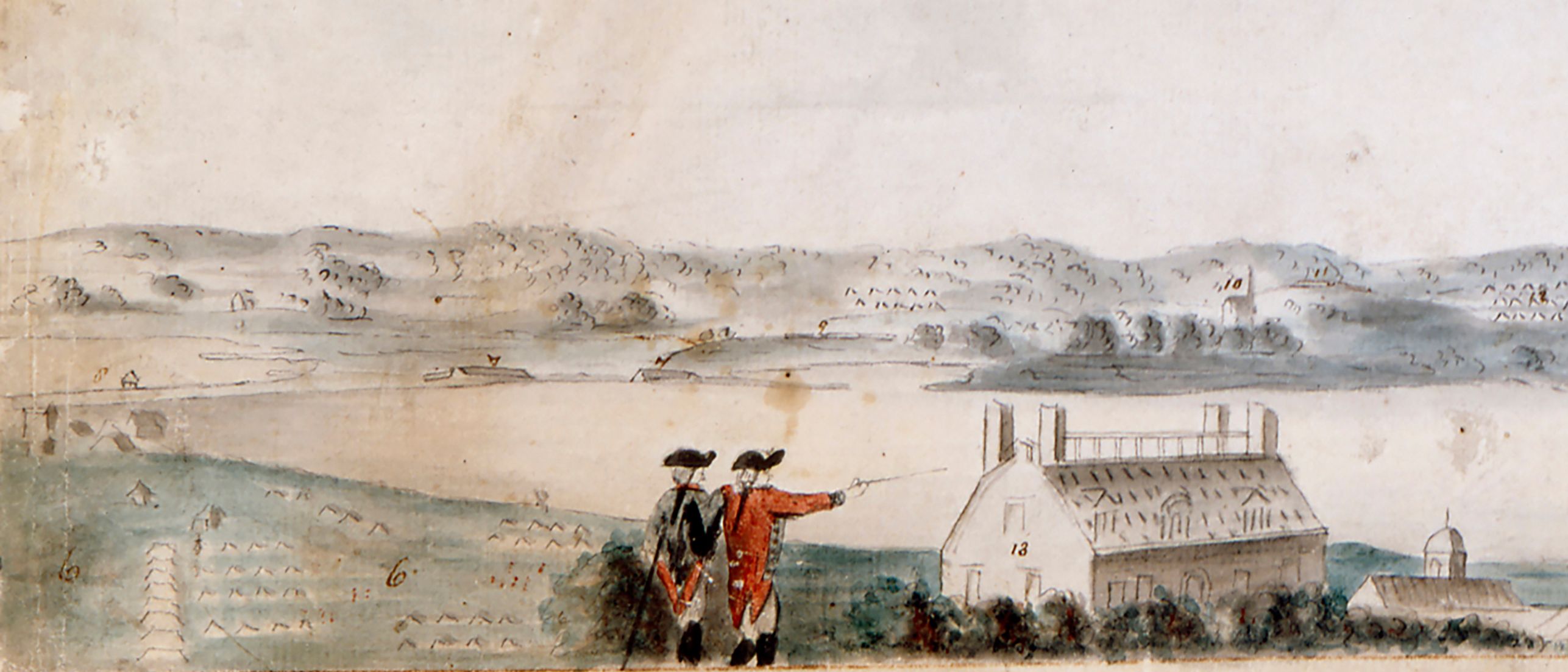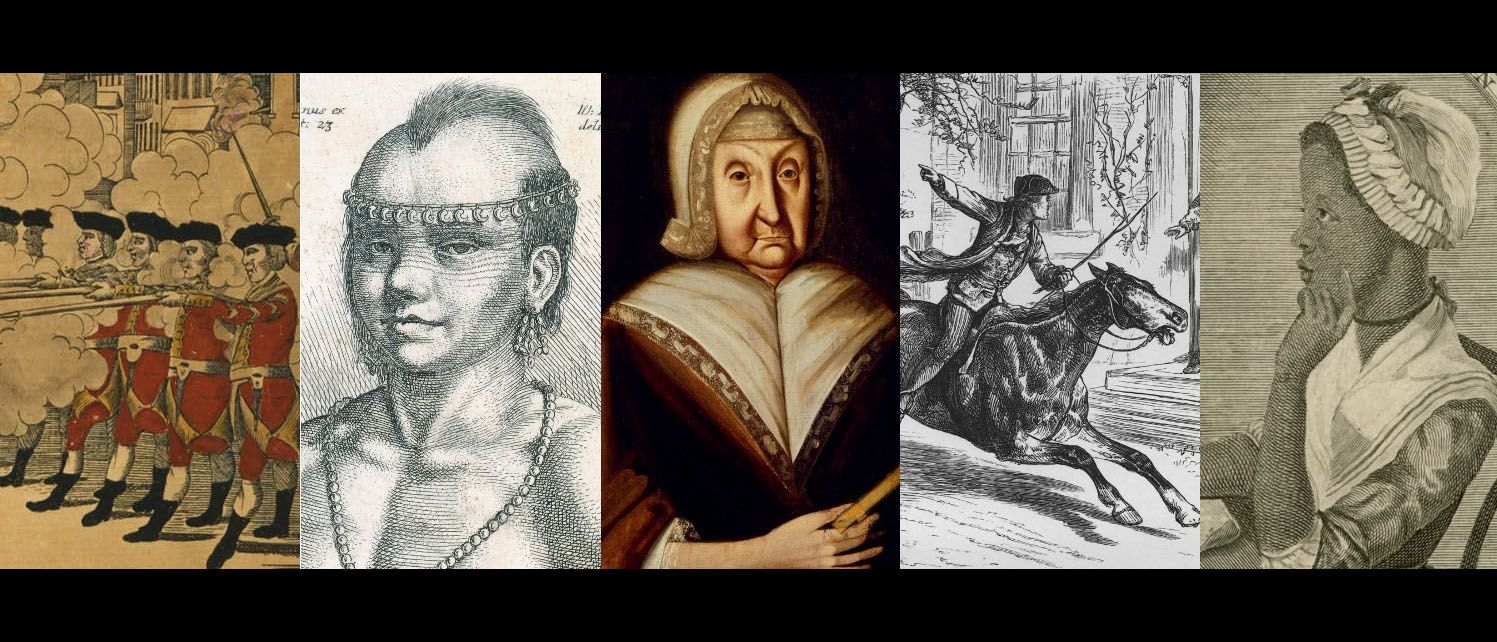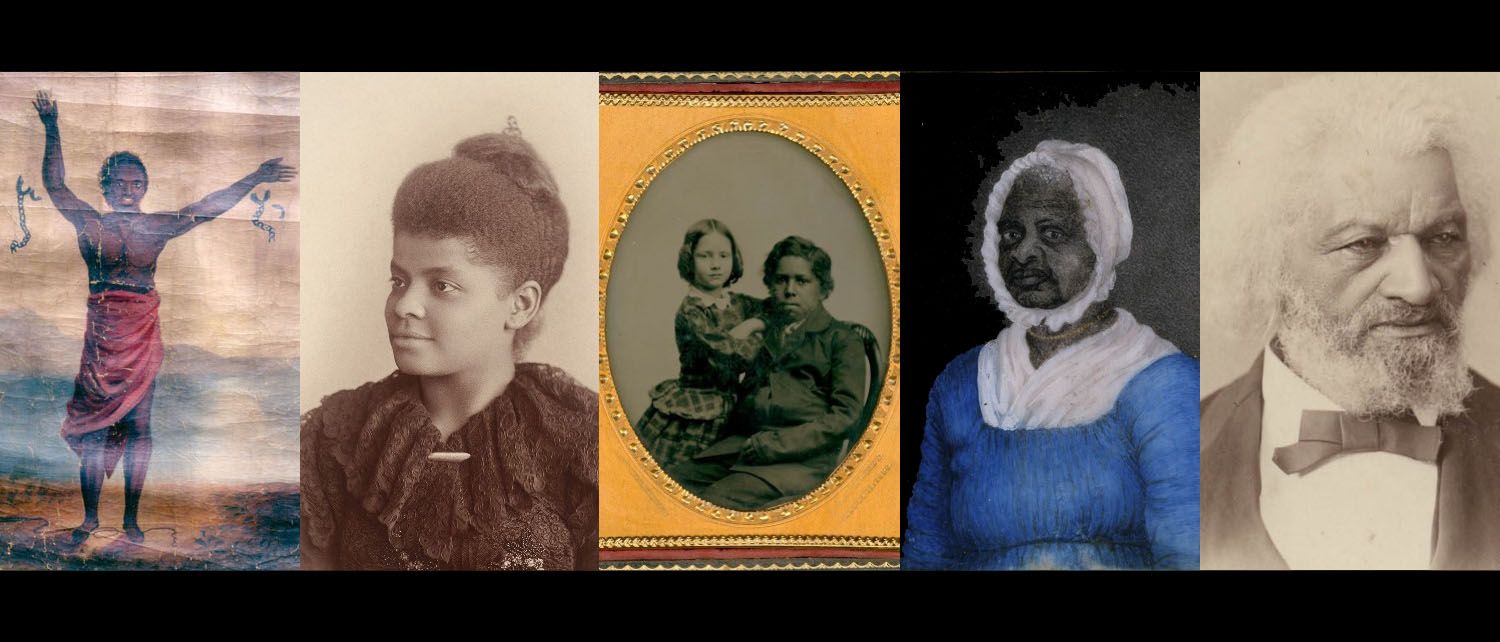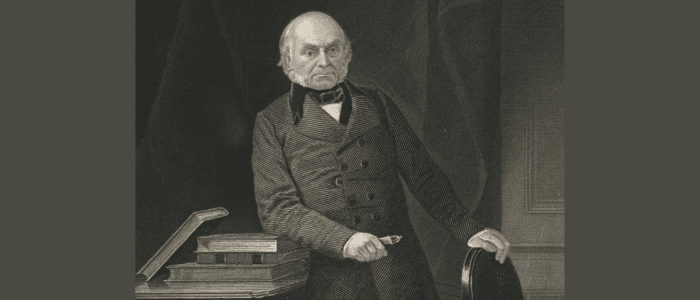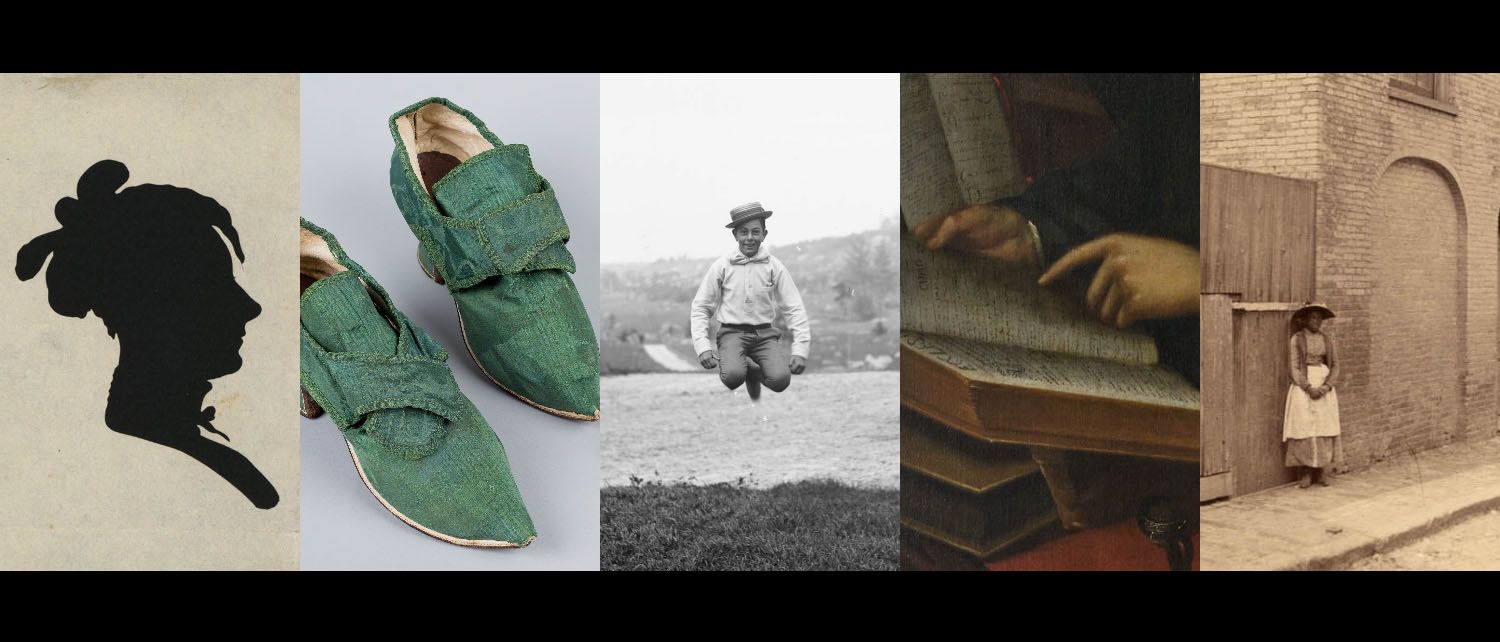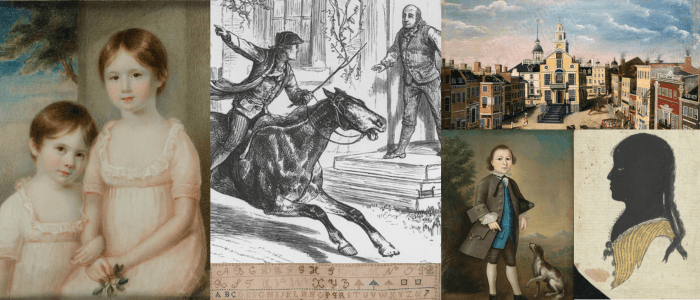Event

A Decent Home: The 1950s Suburban Boom on Long Island
Author: Michael Glass, Boston College
Comment: Rebecca K. Marchiel, University of Mississippi
The House Act of 1949 famously promised “a decent home…for every American family.” But this was just a goal, not a right of citizenship. This paper revisits the debates that culminated in the 1949 Act to argue that it was the piecemeal liberalization of mortgage credit, more than anything else, that led to the explosion of mass-produced suburbs in the 1950s. From the perspective of new subdivisions on Long Island, the public-private partnership at the heart of federal housing policy led to chaotic construction, financing scandals, and systemic racial exclusion, which together established durable patterns of race and class inequality.
The Dina G. Malgeri Modern American Society & Culture Seminar invites you to join the conversation. Seminars bring together a diverse group of scholars and interested members of the public to workshop a pre-circulated paper. Learn more.
Please note, this is an online event hosted on the video conference platform, Zoom. Registrants will receive a confirmation message with attendance information.
Subscribers for the current year may login to view currently available essays.
Online Event
